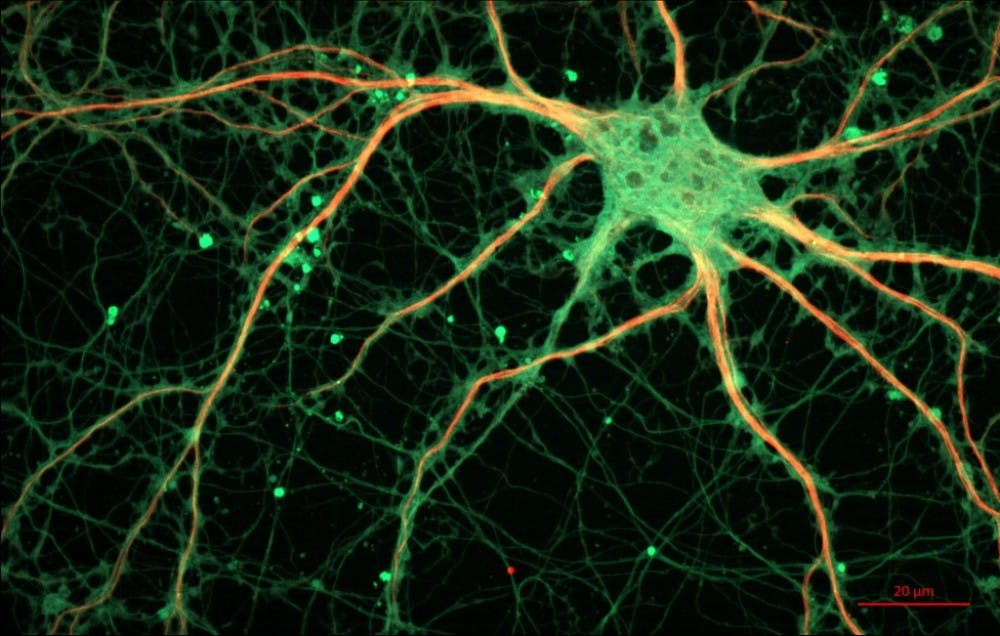One way to think about adult neurogenesis is that it is simply a way to modify neural networks on a cellular network. By making new neurons, the brain can form new neural circuits or, alternatively, abolish pre-existing circuits. Based on this framework, the hippocampus could be doing some heavy computations that require neural circuitries to be continuously rewritten and edited in a dramatic way, therefore requiring adult neurogenesis. Indeed, as the center for the formation of new memories, the hippocampus may need adult neurogenesis as a form of plasticity to rapidly process learning.
One type of learning and memory function that adult hippocampus neurogenesis has been specifically linked to is pattern separation. Pattern separation involves taking two separate but similar pieces of information and making them more distinct. In other words, pattern separation allows you to better discriminate between two very similar pieces of information. Rodent studies have shown that experimentally increasing neurogenesis in the hippocampus is sufficient to improve pattern separation. These studies linking adult neurogenesis with pattern separation suggest that adult newborn neurons are needed to segregate information, possibly by acting as temporary hubs that support the pre-existing neurons that perform the computation.
As neurogenesis is required for some aspects of memory formation, adult hippocampal neurogenesis also seems to play a role in the opposite process: forgetting. Some studies suggest that too much neurogenesis can lead to memory loss. Indeed, newborn neurons in adults have the capacity to integrate into and influence properties of preexisting neural circuits. Given that there is finite space in the brain, the addition of new circuits by these new neurons would entail the loss of others. That means, as these neurons are born to help the hippocampus form new memories, they may preferentially also integrate in such a way that abolishes not-so-important ones.
However, if new neurons keep erasing old memories, how come we are able to recall very salient memories of events that happened years ago, such as childhood memories? It turns out that the location of long-term memory is not in the hippocampus, but rather in regions called the cortex. Basically, information goes into the hippocampus, the hippocampus modifies this information and it then deposits this information into the cortex for long-term storage. If long-term storage occurs, that piece of information is very likely something important that the brain would like to hold onto, whereas information that stays in the hippocampus may not be very important and thus not worthwhile to keep. As a result, I speculate that hippocampal information that does not make it to long-term storage in the cortex will get eliminated by the integration of adult newborn neurons.






